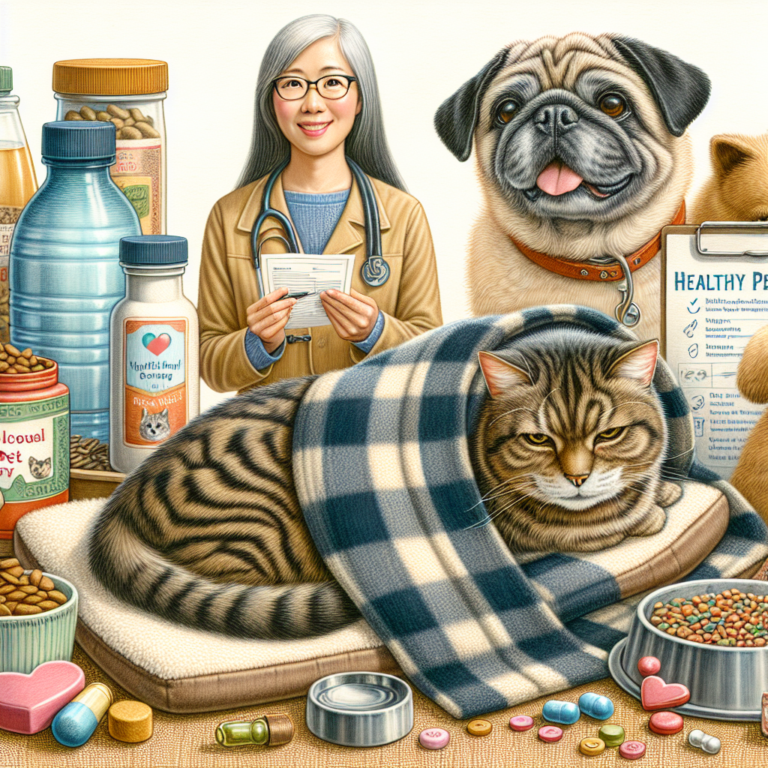As our furry friends age, it becomes increasingly important to provide them with proper care and attention to ensure that they remain healthy and happy in their later years. Senior pets require special consideration and care to help manage age-related health issues and maintain their overall well-being. Here are some tips for keeping your aging companion healthy and happy:
Regular Vet Check-ups: Just like humans, senior pets are more prone to age-related health complications such as arthritis, diabetes, and kidney disease. Regular vet check-ups are crucial in monitoring your pet’s health and catching any potential issues early on. Your vet can recommend appropriate screenings and tests to help identify and address any health concerns that may arise.
Balanced Diet: It’s important to provide your senior pet with a balanced and age-appropriate diet to help maintain their health and longevity. Older pets require fewer calories and different nutrient levels than younger animals, so be sure to consult with your vet to determine the best diet for your aging companion. Additionally, consider incorporating supplements such as glucosamine and omega-3 fatty acids to support joint health and mobility.
Regular Exercise: While senior pets may not be as active as they once were, regular exercise is still important for maintaining their health and well-being. Low-impact activities such as gentle walks, swimming, or stretching exercises can help keep your aging companion active and limber. Just be sure to tailor the exercise routine to your pet’s individual needs and abilities.
Comfortable Environment: As pets age, they may develop mobility issues or sensory impairments that can impact their quality of life. Make sure your aging companion has a comfortable and safe environment that is conducive to their changing needs. Provide soft bedding, ramps or stairs for easier access to elevated surfaces, and consider adding non-slip rugs or mats to help prevent falls.
Dental Care: Dental health is important for pets of all ages, but it becomes even more critical for seniors. Poor dental hygiene can lead to dental disease, which can cause pain, infection, and other health issues. Make sure to brush your pet’s teeth regularly and schedule professional dental cleanings as recommended by your vet.
Emotional Support: As pets age, they may experience cognitive decline or changes in behavior that can be distressing for both them and their owners. Provide your aging companion with plenty of love, attention, and mental stimulation to help keep them happy and engaged. Consider interactive toys, puzzle feeders, and gentle play sessions to keep their minds sharp and their spirits high.
By following these tips and providing your senior pet with the care and attention they need, you can help ensure that they enjoy a happy and healthy retirement. Remember, age is just a number – with the right care and love, your aging companion can continue to live a fulfilling and active life well into their golden years.
